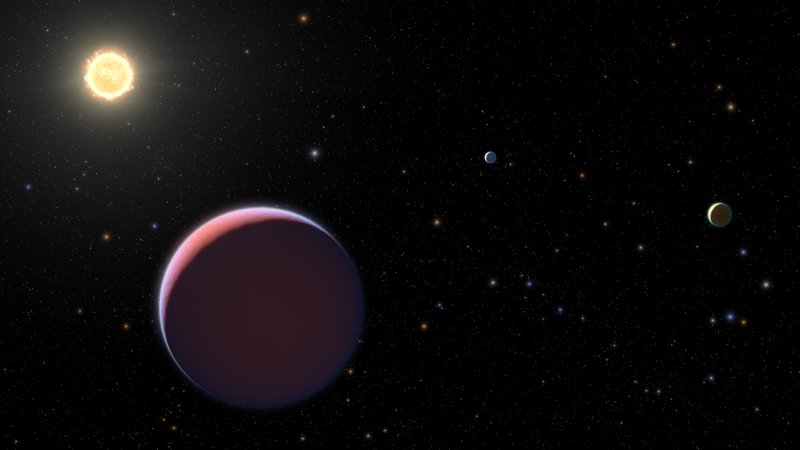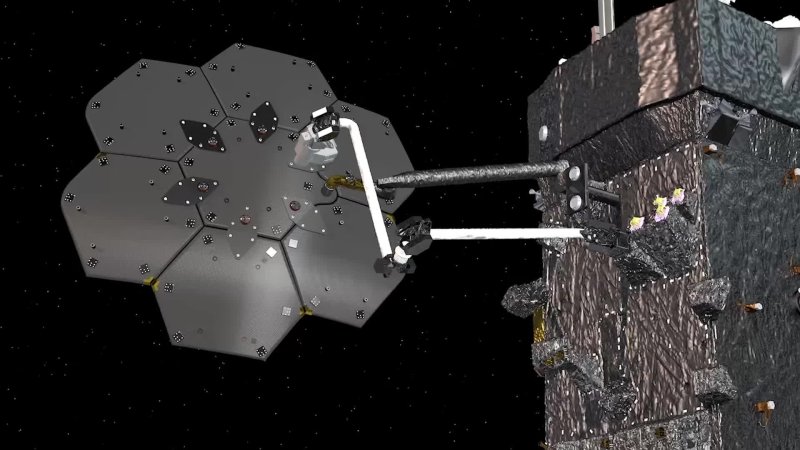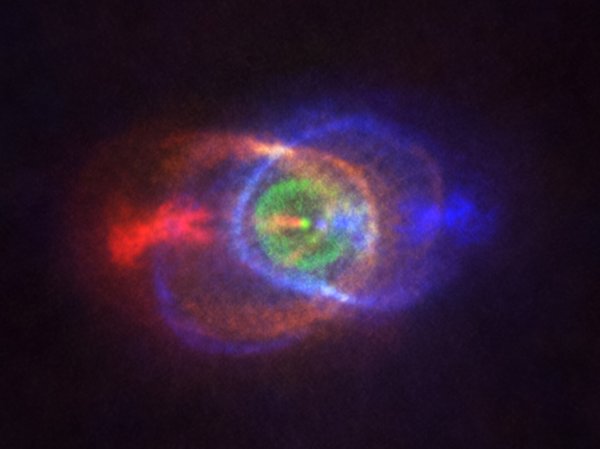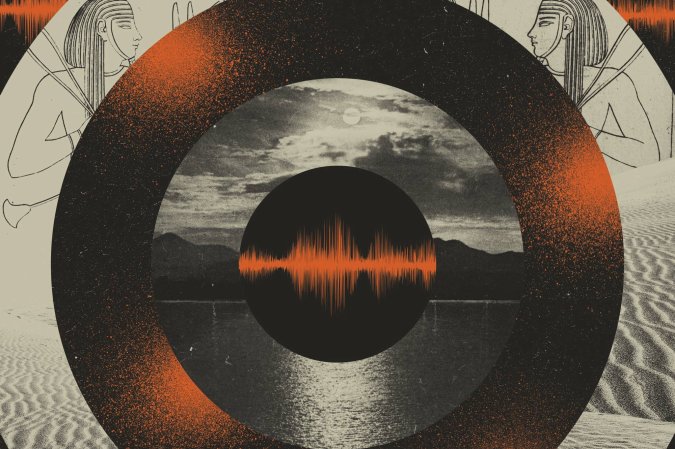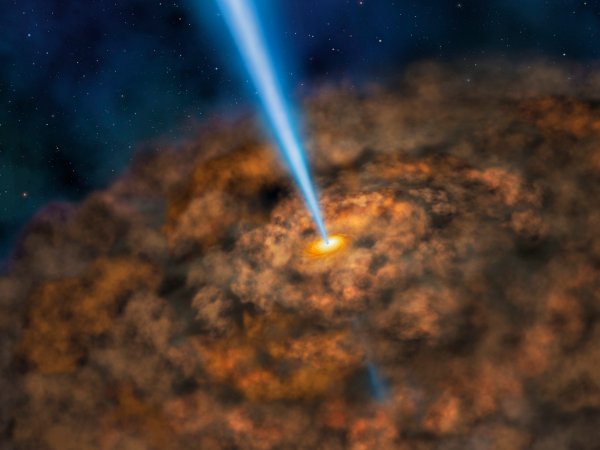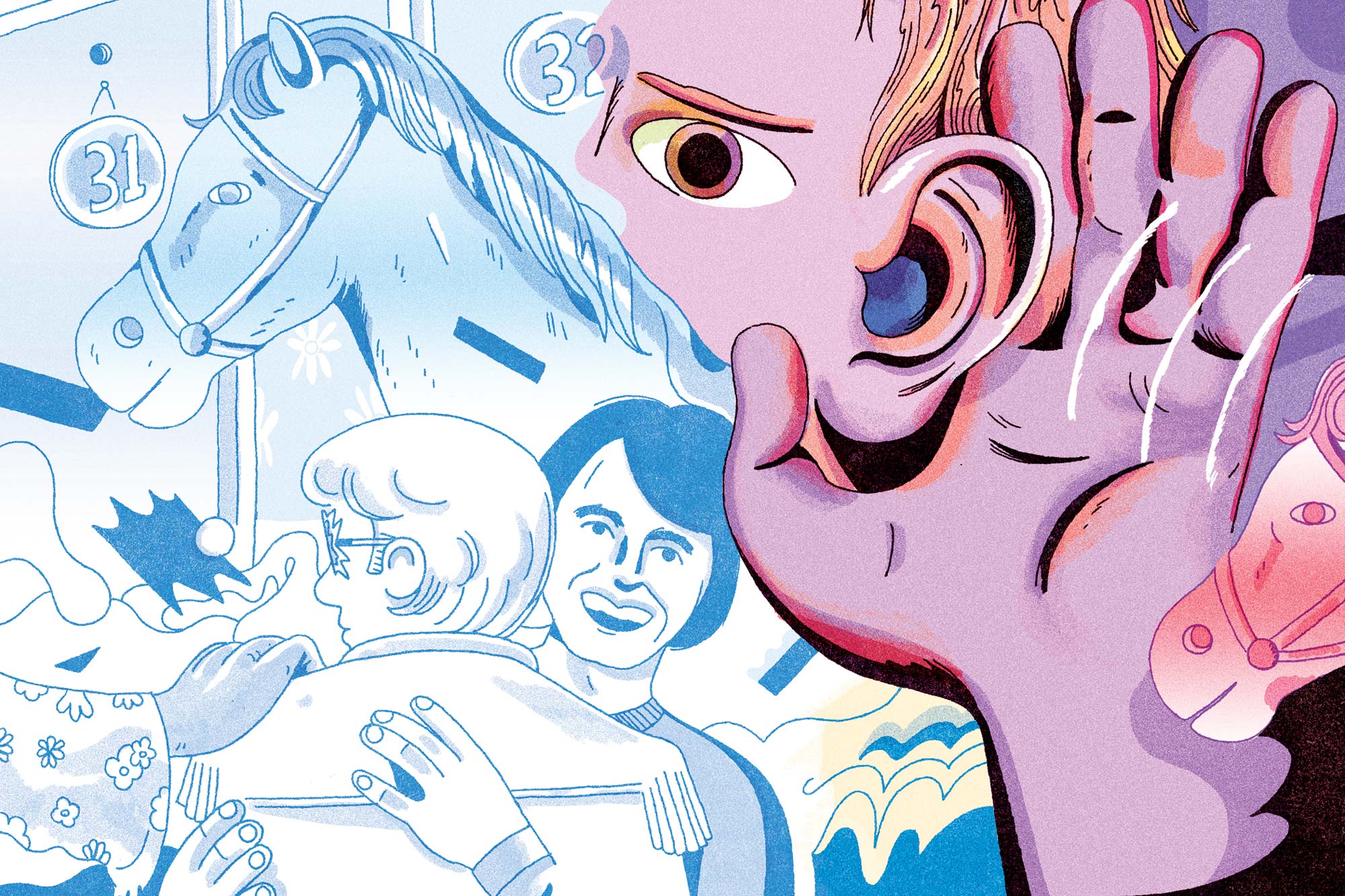

When Lil Nas X’s “Old Town Road” topped the charts in early 2019, it seemed like you couldn’t go five minutes without hearing “I’m gonna take my horse to the old town road.” But a significant subgroup caught this instead: “I’m gonna take my horse to the hotel room.” This was far from a first. We’ve been misunderstanding song lyrics for decades, Elton John’s “hold me closer, Tony Danza”—er, “tiny dancer”—included. These funky musical mishearings even have their own name: mondegreens.
So why does the Jimi Hendrix lyric “kiss the sky” often become “kiss this guy”? When noise hits our eardrums, tiny hairs convert it into an electric signal, which travels through the auditory nerve to the temporal lobe. There, it turns those firings into words with meaning. If the sounds are clear and the terms familiar, we then “hear” a mostly accurate rendition of what someone is saying. But when the babble is muddy and unclear—a common occurrence in songs because music can drown out lyrics, and singers can pronounce words with extra flair—our brains scramble to find what makes sense. In that panic, our noggins react by offering up similar-sounding (but far more familiar) phrases, says Thomas Ethofer, a professor of psychiatry and psychotherapy at the University of Tübingen in Germany. For example, if the mind can’t initially comprehend taking a horse to an old town road, it offers up an alternative to quickly solve the problem—and that rendition can stick, even once we learn the correct lyrics.

In fact, according to Ethofer, previous knowledge of the mondegreen will make you more likely to hear it. That’s because your brain is already primed for that version. From a psychological perspective, he says, perhaps these mix-ups are so common because we enjoy resolving ambiguity. Regardless—the sky, this guy, tiny dancer, Tony Danza, old town road, hotel room—they are all still songs we’ll listen to on repeat.
This story originally published in the Noise, Winter 2019 issue of Popular Science.


